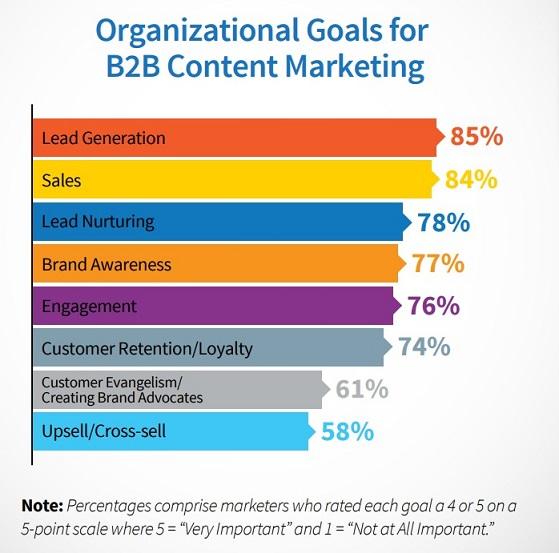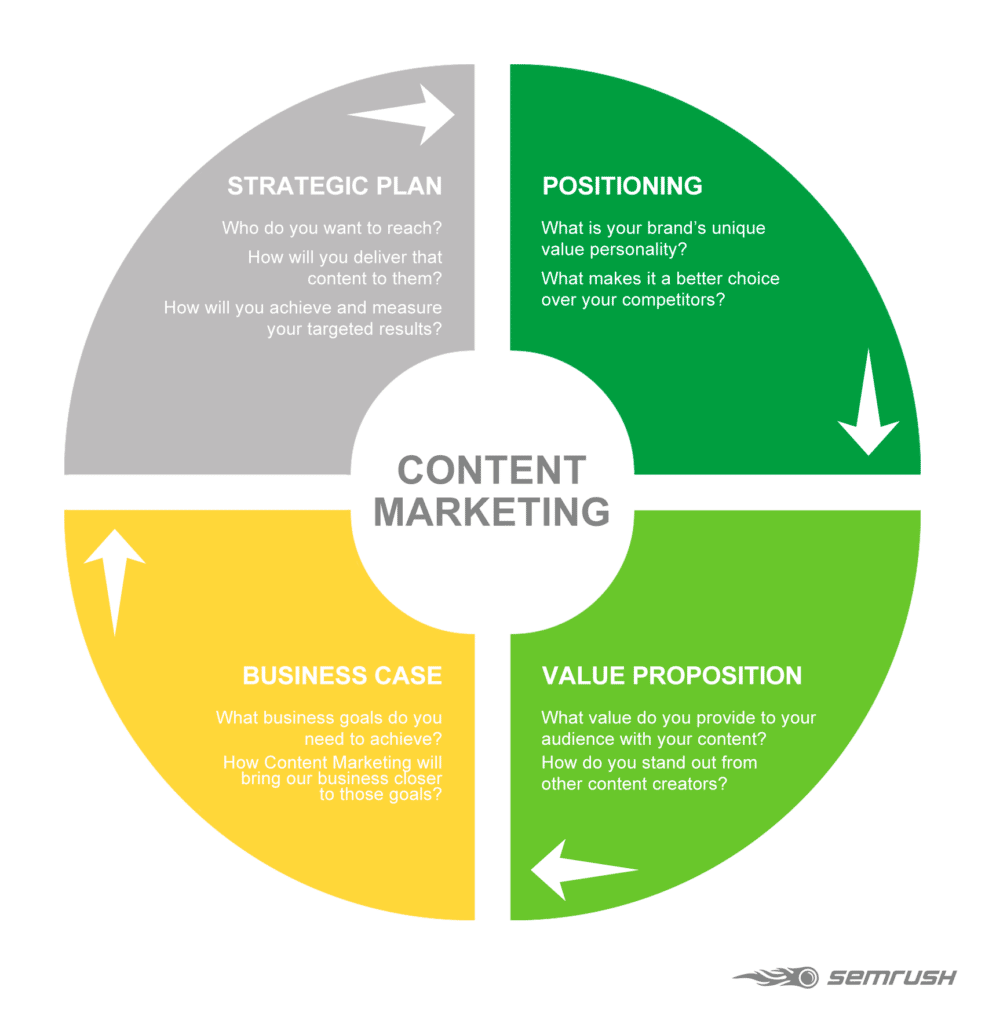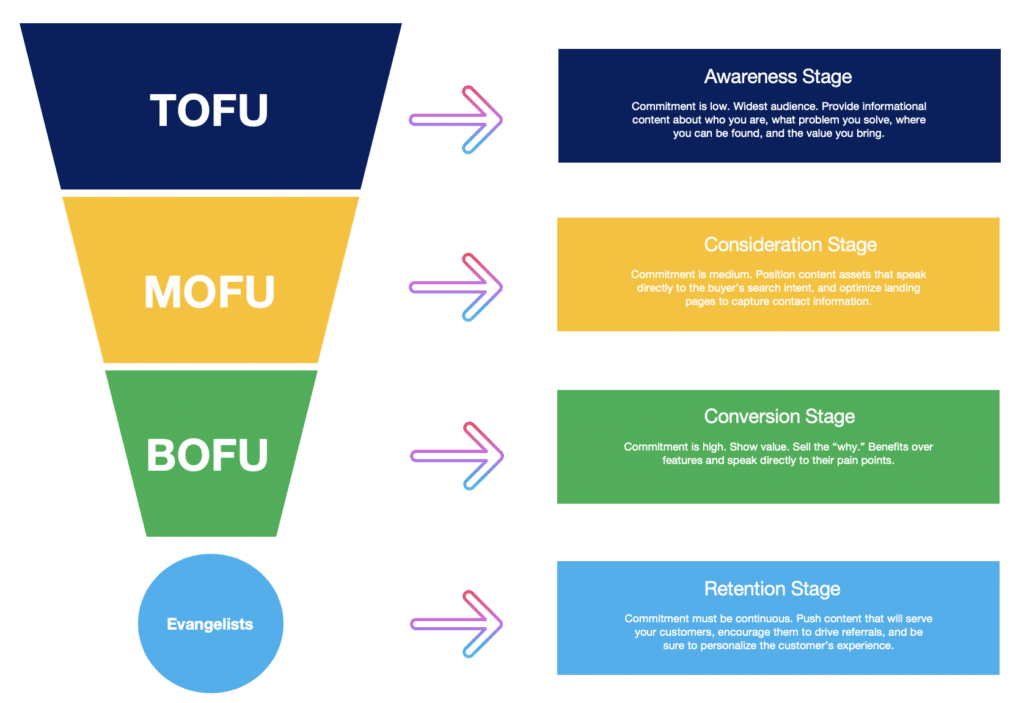In the past decade, I’ve been running my marketing agency helping tech companies that want to push for growth that yield real business results. I’ve learned a lot throughout the years especially when it comes to selling, nurturing relationships, and delivering on what is promised, and much more.
Being a business owner does come with its fair share of challenges. In fact, sometimes the same challenges why companies want to work with me too. A recurring theme I hear over and over again is the following:
- “We have spent a lot of time and money trying to generate quality leads but we aren’t seeing any come in.”
- “We need help leveraging data the right way so we can figure out how to better spend our marketing dollars.”
- “We need to execute marketing programs and campaigns that will drive sales opportunities.”
All of these pain points boil down to the high need for demand and lead generation.

In today’s blog post, I’ll discuss key ways you can hire marketing help that will drive real business results for you, so let’s dive in.
Why hire outside agencies and consultants?
Last Fall, Rand Fishkin wrote a blog post on this very topic, i.e. why it’s best to hire outside agencies and consultants for just about everything you can. This includes key functions from product, ops, sales and of course, marketing.
I can see this being as a huge deterrent to many companies. In fact, I find myself reaching out to CEOs and CMOs on LinkedIn who are clearly looking for marketing help. When I do reach out, they are not interested in hiring any outside help because they’d rather have this person in-house.
Yes, I get this blog post will come across as very biased because I own a marketing company, but I really want to position it more as a way to really look at the following:
- How to push for high growth strategies and tactics in a shorter period of time.
- How to test quickly, learn, and then modify all with data and intuition combined.
- You get what you pay for. Yes, when you choose the right outside experts to work with, you’ll see high-quality deliverables that produce results.
That said, here are some of the key points that Rand wrote about which I agree with:
Time to Effective Productivity
- When I’ve hired agencies, productive work toward the project’s goal starts immediately. Time taken to understand your business, the problem, and any requirements is usually covered in the proposal period.
- Conversely, when I hire FTEs, there’s often a lengthy ramp-up to even half-productivity. In small teams, this might be as fast as a week or two, while in larger ones, it could be a month or more.
- Edge: There are ways to minimize both, but in most scenarios, consultants will start faster.
The big drawbacks of agencies often stem from the internal politics, beliefs, and emotions of you and your team. When discussing this subject on Twitter, many of the anti-agency responses came from folks who believed that agencies/consultants could never be as “invested” in your business as team members. My experience has been the inverse: agencies desperately wanted to deliver on their promises and keep us happy; employees recognized circumstances were more flexible.
Make sure you know exactly what you need
Setting up the right expectation is important from the get go. This means that you know what you need vs. what you want. Doing so will keep your expectations in check too.
Let’s say you’re in need of content development and marketing. Before you start your search, you have to lay out the requirements of what will truly make an impact. I see that a lot of companies will list out an exhaustive amount of requirements for just a full-time role to be as transparent as possible. However, when hiring outside, you just need to be incredibly specific.

Being clear about goals you have, the budget, and overall strategy will ensure that you find the right person to help you along the way. Another perk of hiring an experienced marketer is that they’ll come with templates and frameworks that will build off of what you already have. Hence, the ramp up process is quick and the work starts ASAP.
Look for a balance between strategic and tactical
I remember when I landed a full-time role back in 2013 as the Head of Digital Marketing for a tech startup, the COO, who pushed to hire me said to me: “You’re a double threat. You come with tactical experience so you’ve gotten your hands dirty and also you’re strategic so you can see the bigger picture too. That’s rare. Hold on to that.”
Before I took this role, I was mentored by another executive who told me the same thing that building out the ability to execute and also be strategic is a huge win. I certainly took this advice and ran with it to ensure that I never lost sight of the geeky marketing tools but also made sure I could provide high-level overviews that made sense of board members and exec teams.
Therefore, as you hire outside agencies and consultants, make sure that you have someone in your corner who can drive strategic decisions and provide you insight there. This will help you tremendously especially because you’ll have so many moving parts. So having someone who can help you take a few steps back and look at the big picture will also ensure that you pivot when needed.
Make sure a data-driven approach is part of the mix
Keeping track of the data that is collected as the work begins is going to help you see if the agency/consultant that you hired is really going to work out, both in the shorter and longer-term. This will also ensure that you don’t lose sight of just assigning busy work but that the work itself always supports your strategy, and therefore, achieves the goals in place.
Tying data to everything that is being executed doesn’t necessarily need to always hit bottom-line revenue goals either, but should show trends with what is working and what isn’t. This is going to give you a ton of insight with where you need to be focusing more of your time, efforts, and budget.

Over to you
Not every single agency and consultant you hire is going to work out. For this very reason, you need to make sure that you’re organized with your plan and understanding where the largest gaps are. Doing so will always keep you ahead of the curve so that you can make personnel changes quickly without it impacting your entire line of production.





